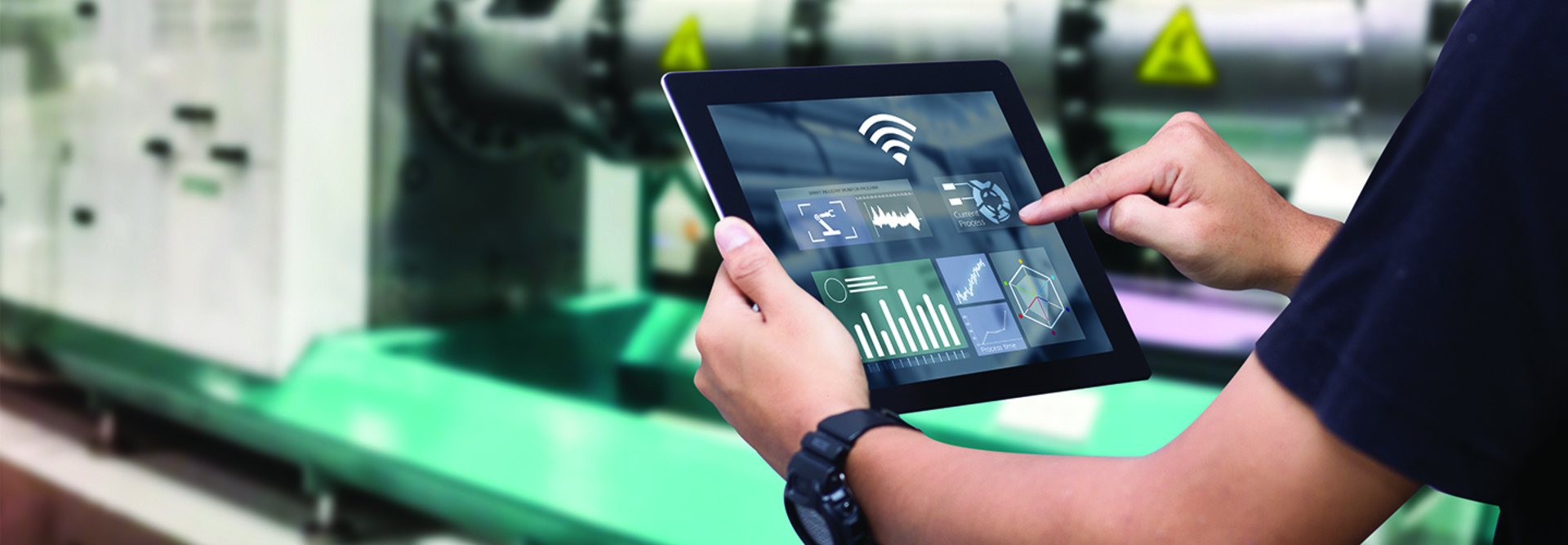Some of the pandemic effects have been particularly impactful for manufacturing. Wee pointed out that the industry spent years moving overseas, taking advantage of low-cost areas and keeping products less expensive. But the recent reversal of globalization has prevented organizations from doing that, pushing them to incorporate more automation and digital acceleration to make up for the savings. To overcome supply chain disruptions, businesses have also diversified their sourcing and placed a greater emphasis on local materials.
“Many customers tell us their way of working will fundamentally change because of the current situation,” said Wee.
How Technology Helps an Automaker Stay Ahead
Much of the world was dramatically underprepared to face COVID-19 when the outbreak began. Hospitals across the globe were short on equipment and supplies, and store shelves were cleared of cleaning products and hand sanitizer.
Many manufacturers stepped up to fill the need. Among them was the Renault Nissan Mitsubishi automotive alliance, which was ready to pivot quickly because of how it has incorporated technology into its factories. Eric Marchiol, alliance global director and digital officer for manufacturing and supply chain, said in the session with Wee that technology has been critical in strengthening the supply chain.
MORE FROM BIZTECH: Explore the tech being used to power IIoT.
“Our supply chain is very extensive in automotive,” Marchiol said. “Being able to track and trace all of our parts from all of our suppliers, not just tier-one suppliers but tier-two and tier-three suppliers, and bringing this information in real time and not at the end of the week or the end of the month, is a game changer.”
Marchiol said that the organization uses machine learning as well to optimize processes, enhance quality control and bring information directly to employees on the factory floor. It has also helped them implement technology ten times faster than they could before, and improve energy efficiency, leading to between 10 and 20 percent savings. At the heart of it all, however, is data.
“In all of our plants, we’re collecting data from our equipment, and bringing that data to life with standardization and real-time access is a big challenge,” he said.
Manufacturing has faced major disruptions and has rebounded, often producing more than ever before. By utilizing the right technology, businesses can ensure that they’ll not only survive the current hardships, but thrive in the future of work.











